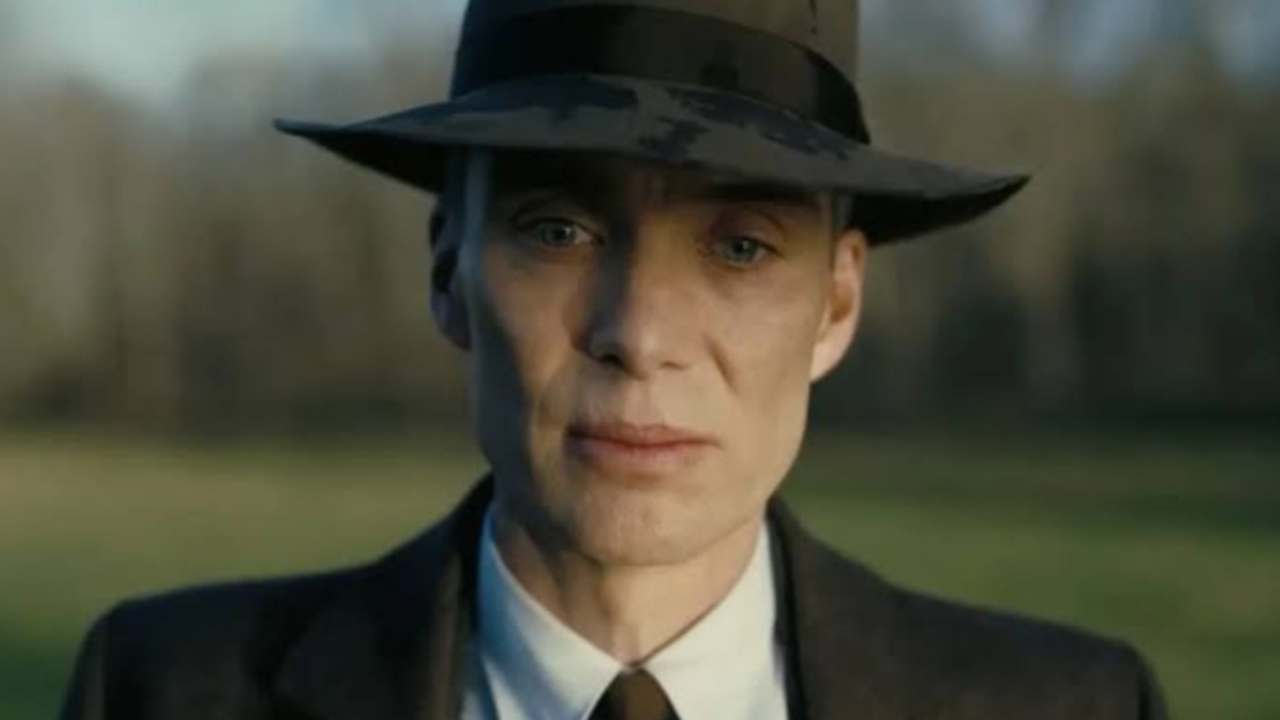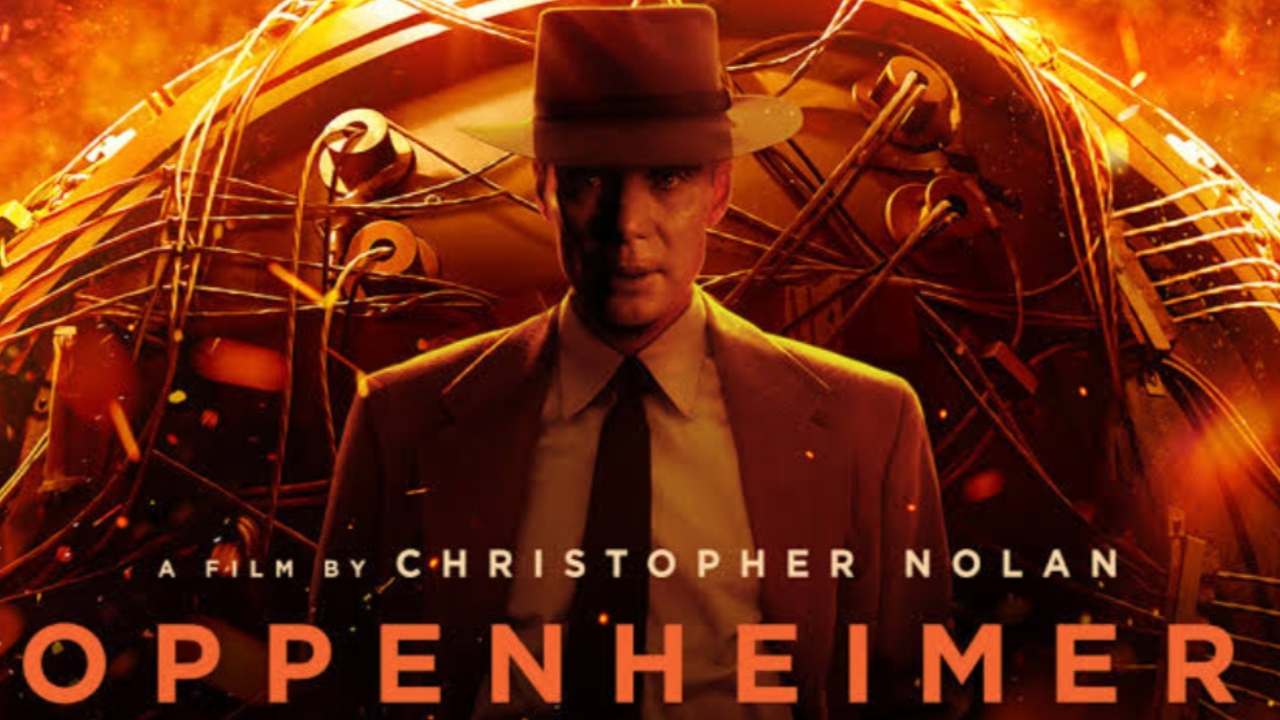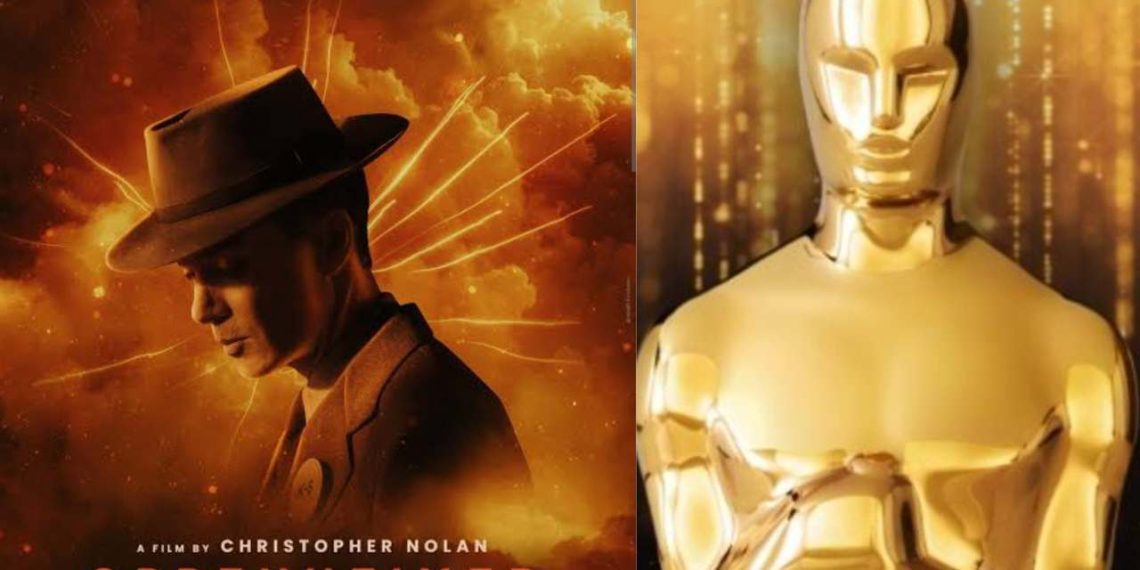Christopher Nolan’s “Oppenheimer,” a profound exploration of the atomic era’s inception, swept the 96th Academy Awards on Sunday, clinching seven accolades, notably best picture and best director.
Against the backdrop of contemporary global tensions, the film resonated deeply, with Cillian Murphy’s portrayal of J. Robert Oppenheimer earning him acclaim and Robert Downey Jr.’s supporting role as a vindictive bureaucrat also recognized.

“We depicted the architect of the atomic bomb, and whether for good or ill, we’re all shaped by Oppenheimer’s legacy,” Murphy remarked during his acceptance speech.
The film’s relevance reverberated beyond the silver screen, paralleling current geopolitical crises.
Just blocks away from the Oscars’ glitz, hundreds protested for a cessation to the conflict in Gaza, highlighting the ongoing turmoil. Meanwhile, winners seized the spotlight to condemn humanitarian emergencies in both Gaza and Ukraine, underscoring the film’s timely reflection of global upheaval.

The pro-Palestinian demonstrations disrupted traffic near the Dolby Theatre, delaying the ceremony’s commencement as celebrities hurried to their seats.
Nolan’s win at the Oscars marks a culmination of his complex relationship with the prestigious awards. Despite seven prior nominations, including nods for directing “Dunkirk” and his groundbreaking works like “Memento” and “Inception,” his seminal achievement, “The Dark Knight,” was notably overlooked for top honors, sparking widespread outcry.
This snub prompted the Academy to expand the best picture category from five to ten nominees. Finally bestowed with an Oscar of his own, Nolan, a fervent advocate for the cinematic experience, offered homage to the beloved art form he holds dear.
“Movies are just a little bit over 100 years old,” he said. “I would imagine being 100 years into painting or theater. We don’t know where this incredible journey is going from here, but to know that you think that I’m a meaningful part of it means the world to me.”
“Oppenheimer” presented a significant departure for Downey, known predominantly for his portrayal of Iron Man in Marvel films over the past two decades. Reflecting on this transition, Downey shared a candid revelation:
“Here’s my little secret: I needed this job more than it needed me.”
The actor’s journey, marked by struggles with drug addiction during the 1990s and early 2000s followed by a remarkable comeback fueled by sobriety, was acknowledged with gratitude.
Downey expressed heartfelt appreciation for Tom Hansen, his lawyer of four decades, quipping about their enduring partnership, “half of which,” Downey joked,
“He spent trying to get me insured and bailing me out.”





